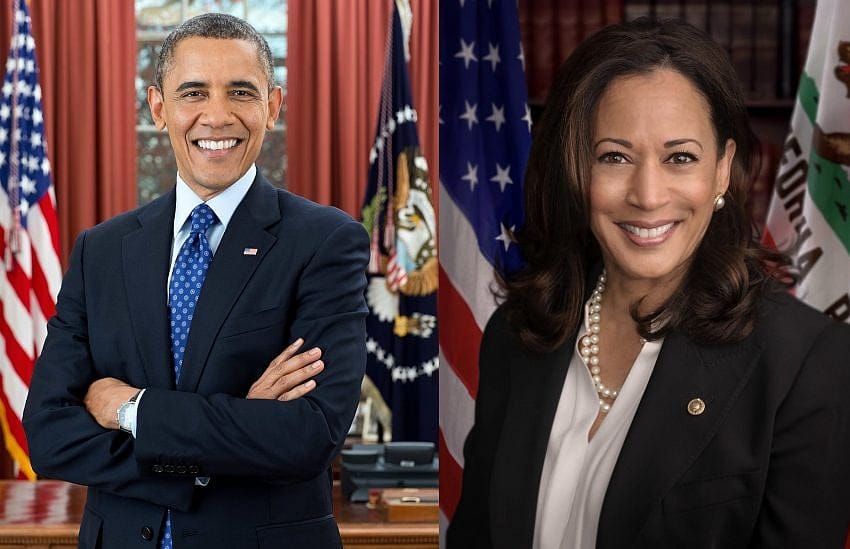Obama, Kamala Harris Share Family Ties to Ford Foundation

If the Democrats win the presidential election, at least one $14 billion fortune can breathe a sigh of relief.
That sum is the endowment, roughly speaking, of the Ford Foundation. Maya Harris, the sister of Democratic vice presidential candidate Kamala Harris, did a stint at the Ford Foundation as vice president for democracy, rights, and justice. That's the same Maya Harris who served as the chairman of the Kamala Harris presidential campaign.

